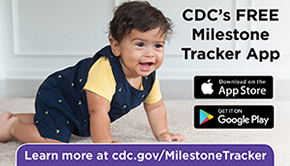Your child at 3 Years
Positive Parenting Tips
Following are some of the things you, as a parent, can do to help your preschooler during this time:
- Continue to read to your child. Nurture her love for books by taking her to the library or bookstore.
- Let your child help with simple chores.
- Encourage your child to play with other children. This helps him to learn the value of sharing and friendship.
- Be clear and consistent when disciplining your child. Explain and show the behavior that you expect from her. Whenever you tell her no, follow up with what he should be doing instead.
- Help your child develop good language skills by speaking to him in complete sentences and using “grown up” words. Help him to use the correct words and phrases.
- Help your child through the steps to solve problems when she is upset.
- Give your child a limited number of simple choices (for example, deciding what to wear, when to play, and what to eat for snack).
Child Safety First
As your child becomes more independent and spends more time in the outside world, it is important that you and your child are aware of ways to stay safe. Here are a few tips to protect your child:
- Tell your child why it is important to stay out of traffic. Tell him not to play in the street or run after stray balls.
- Be cautious when letting your child ride her tricycle. Keep her on the sidewalk and away from the street and always have her wear a helmet.
- Check outdoor playground equipment. Make sure there are no loose parts or sharp edges.
- Watch your child at all times, especially when he is playing outside.
- Be safe in the water. Teach your child to swim, but watch her at all times when she is in or around any body of water (this includes kiddie pools).
- Teach your child how to be safe around strangers.
- Keep your child in a forward-facing car seat with a harness until he reaches the top height or weight limit allowed by the car seat’s manufacturer. Once your child outgrows the forward-facing car seat with a harness, it will be time for him to travel in a booster seat, but still in the back seat of the vehicle. The National Highway Traffic Safety Administration has information on how to keep your child safe while riding in a vehicle.
Healthy Bodies
- Eat meals with your child whenever possible. Let your child see you enjoying fruits, vegetables, and whole grains at meals and snacks. Your child should eat and drink only a limited amount of food and beverages that contain added sugars, solid fats, or salt.
- Limit screen time for your child to no more than 1 to 2 hours per day of quality programming, at home, school, or child care.
- Provide your child with age-appropriate play equipment, like balls and plastic bats, but let your preschooler choose what to play. This makes moving and being active fun for your preschooler.
Developmental Milestones
How your child plays, learns, speaks, and acts offers important clues about your child’s development. Developmental milestones are things most children can do by a certain age.
If you have questions or concerns about how your child is learning, behaving or developing, dial 1-800-505-7000 to speak to a Care Coordinator at Child Development Infoline.
SOURCE: Centers for Disease Control and Prevention
Language & Communication
- Follows instructions with 2 or 3 steps
- Can name most familiar things
- Understands words like “in,” “on,” and “under”
- Says first name, age, and sex
- Names a friend
- Says words like “I,” “me,” “we,” and “you” and some plurals (cars, dogs, cats)
- Talks well enough for strangers to understand most of the time
- Carries on a conversation using 2 to 3 sentences
Cognitive
- Can work toys with buttons, levers, and moving parts
- Plays make-believe with dolls, animals, and people
- Does puzzles with 3 or 4 pieces
- Understands what “two” means
- Copies a circle with pencil or crayon
- Turns book pages one at a time
- Builds towers of more than 6 blocks
- Screws and unscrews jar lids or turns door handle
Movement & Physical Development
- Climbs well
- Runs easily
- Pedals a tricycle (3-wheel bike)
- Walks up and down stairs, one foot on each step
Related Programs

Related Resources
- AAP’s- Healthy Children
- Act Early Connecticut
- ADA – The Americans with Disabilities Act
- AFCAMP- Advocacy for Children with Disabilities
- Ages and Stages
- Assistive Technology
- Asthma
- Austism Spectrum Disorders (ASDs)
- Autism Services & Resources Connecticut
- Autism Speaks
- Birth to Five: Watch Me Thrive!
- Born Learning
- CDC Child Development Information
- Childhood Lead Poisoning
- Childhood Obesity
- Choose My Plate
- Connecticut FAVOR, Inc.
- Coping with Violent/Traumatic Events
- CT Down Syndrome Congress
- CT Family Support Network
- CT Hands and Voices
- CT Parent Advocacy Center
- CT Parenting
- Divorcing Parents Parenting Education Programs (PEP)
- Ear Infections in Children
- Early Learning and Development Standards
- Early & Periodic Screening, Diagnosis & Treatment Program (EPSDT)
- Effects of Hearing Loss on Development
- Family Support Grant
- Head Lice
- Head Start Program
- How to Find Sign Language Instruction Classes in Connecticut
- Important Milestones
- Katie Beckett Waiver
- Kids Health
- Kids Mental Health Info
- Learn the Signs, Act Early
- Milestone Tracker Mobile App
- NEAT Marketplace
- PATH Parent-to-Parent Family Voices
- PBS Parents
- Sickle Cell Disease / Sickle Cell Trait
- Special Education
- The Individualized Education Plan (IEP)
- Vroom
- Walk CT
- We Can
- Zero to Three
See all Resources



